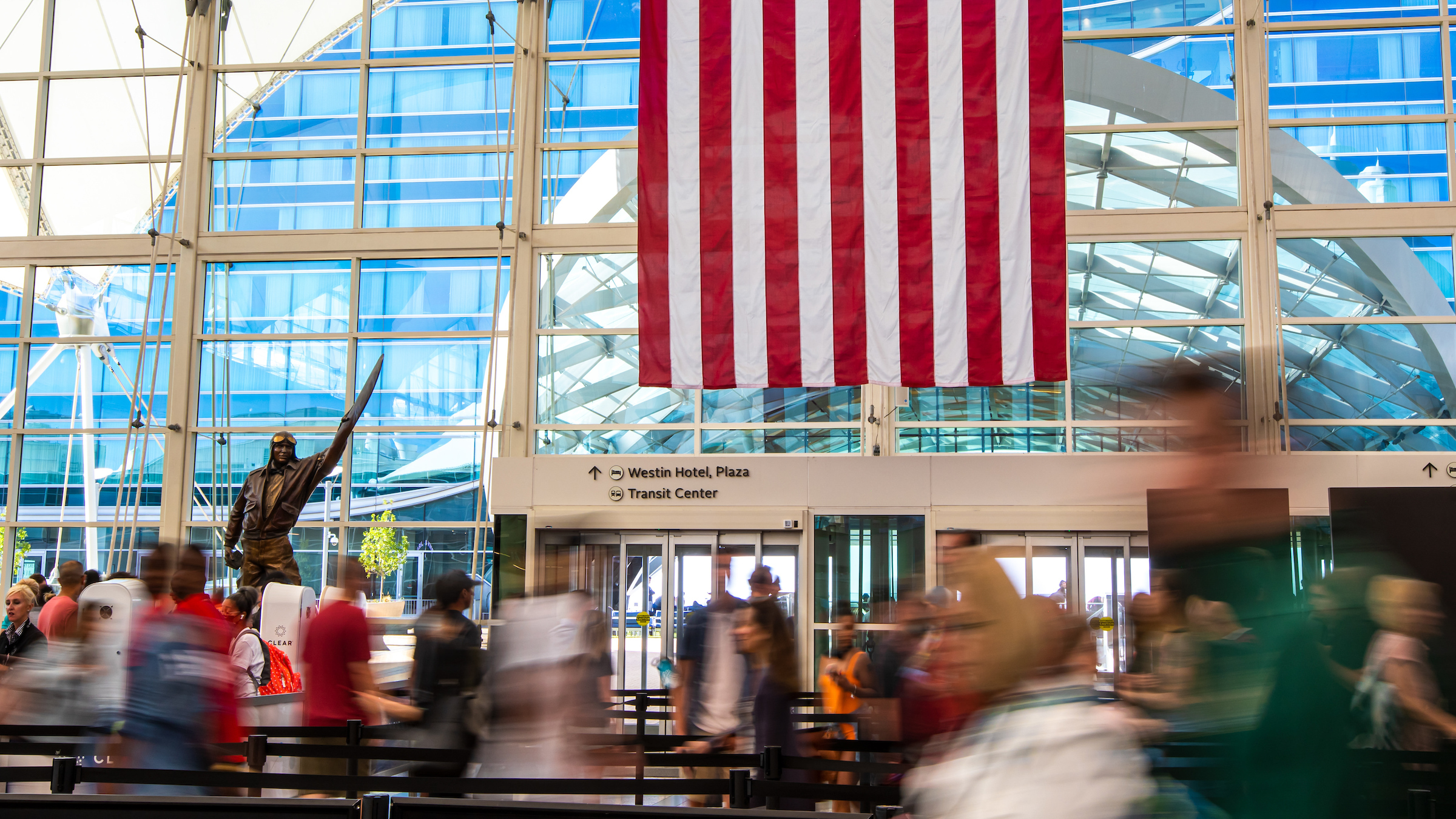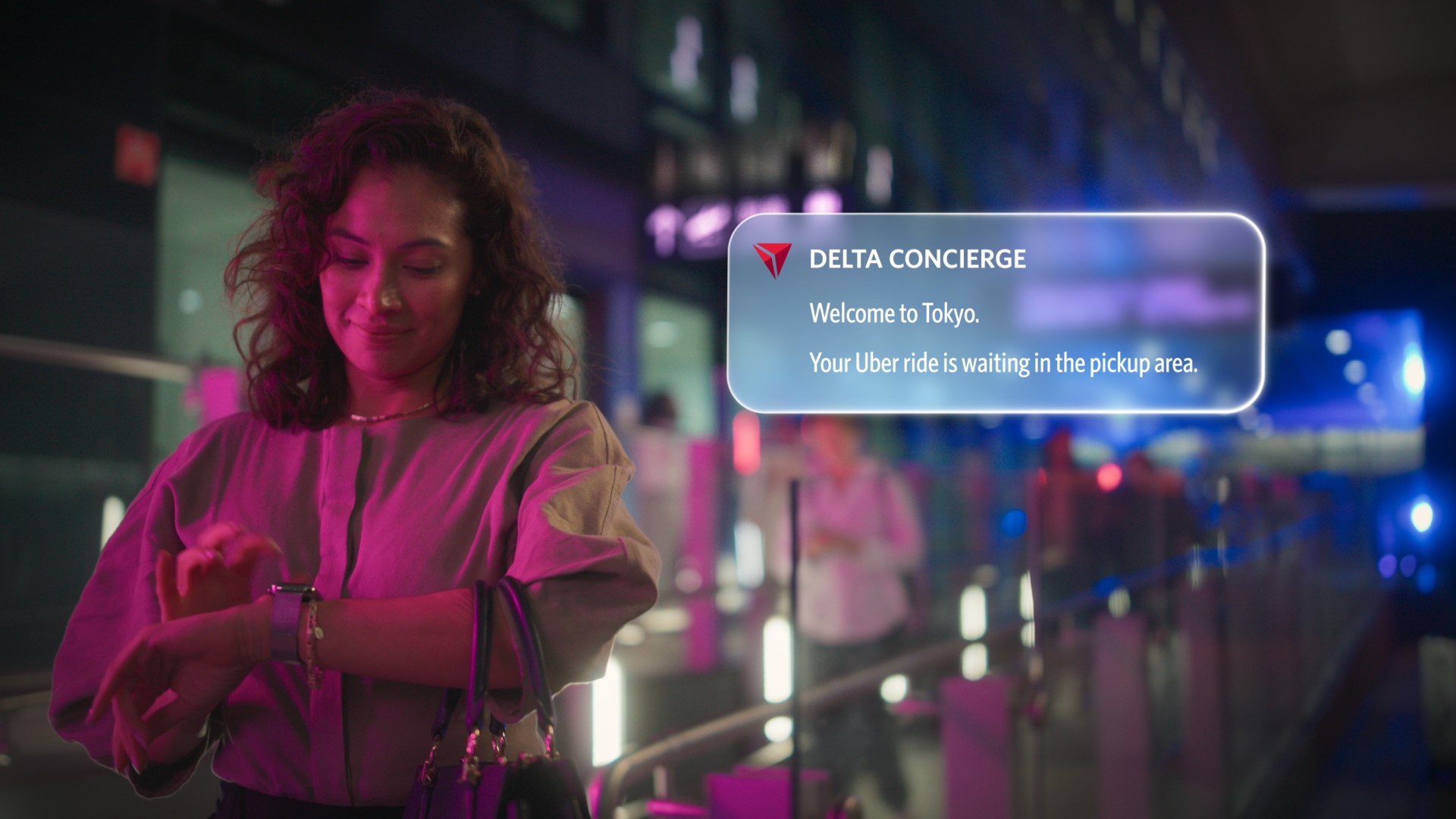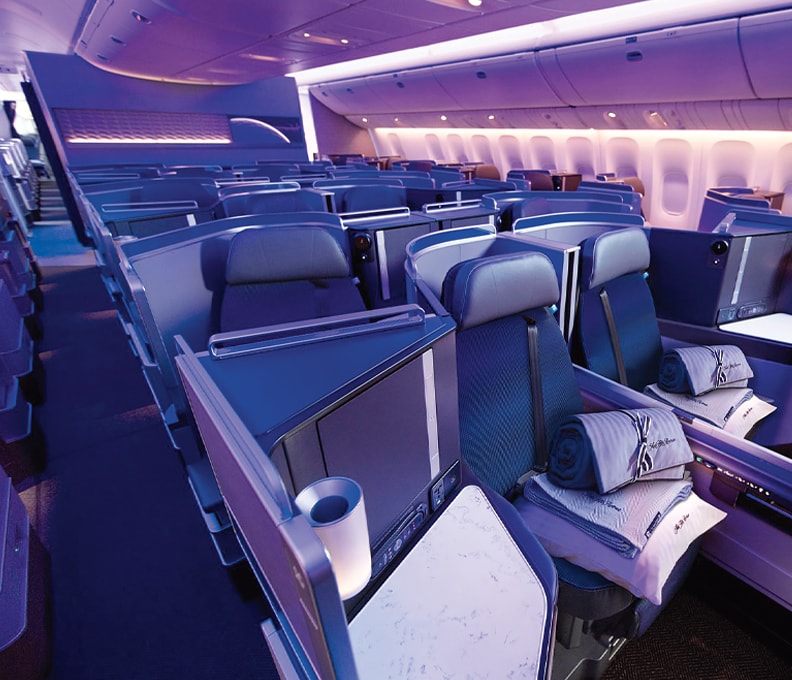Frontier Ordered to Pay $222 million in Passenger Refunds
TAP Portugal, Air India, Aeromexico, El Al, and Avianca have also been ordered to pay up over canceled flights during the pandemic
by Fergus Cole
November 17, 2022
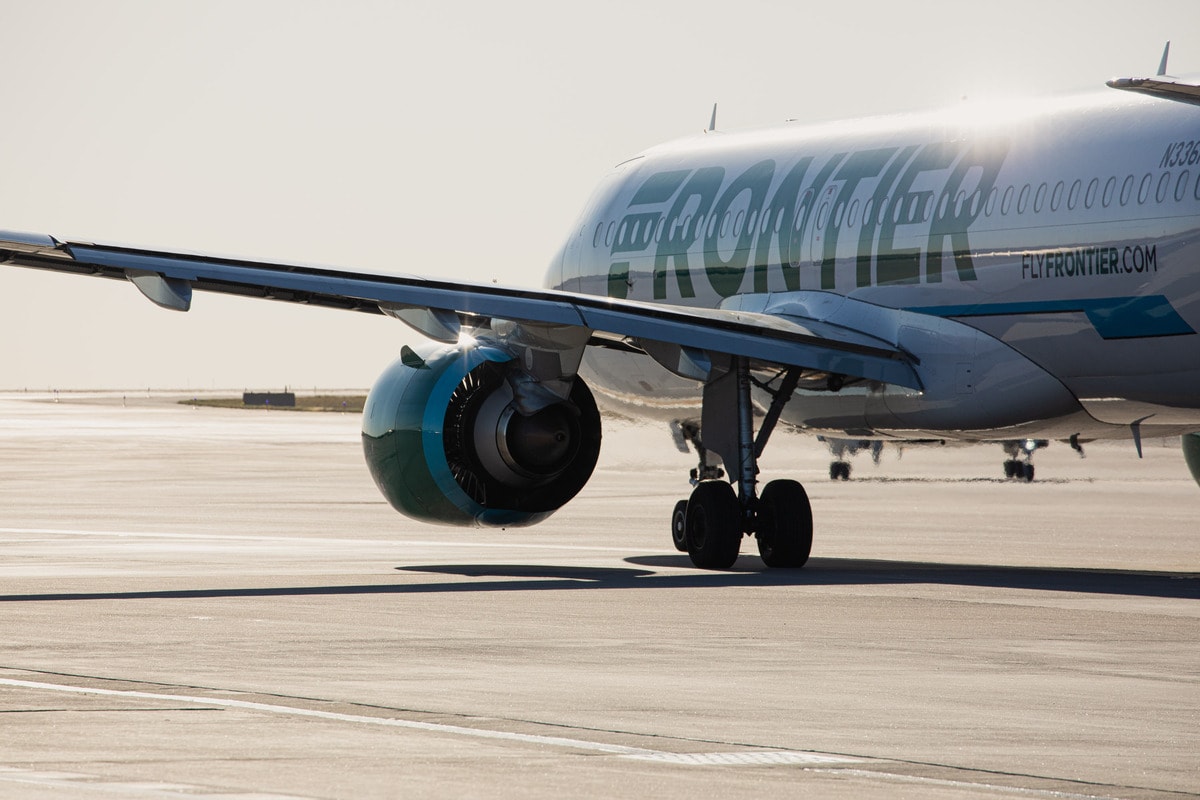
Photo: Courtesy of Frontier Airlines
The U.S. Department of Transport (DOT) ordered low-cost carrier Frontier Airlines to pay $222 million to customers whose flights were canceled since the pandemic’s start. This measure is part of Transportation Secretary Pete Buttigieg’s tough stance against airlines ducking refund obligations.
The government states that the Denver-based airline amended its definition of a significant delay to reduce the number of cases in which it paid out refunds. Additionally, its online system to process credits was down for 15 days in 2020.
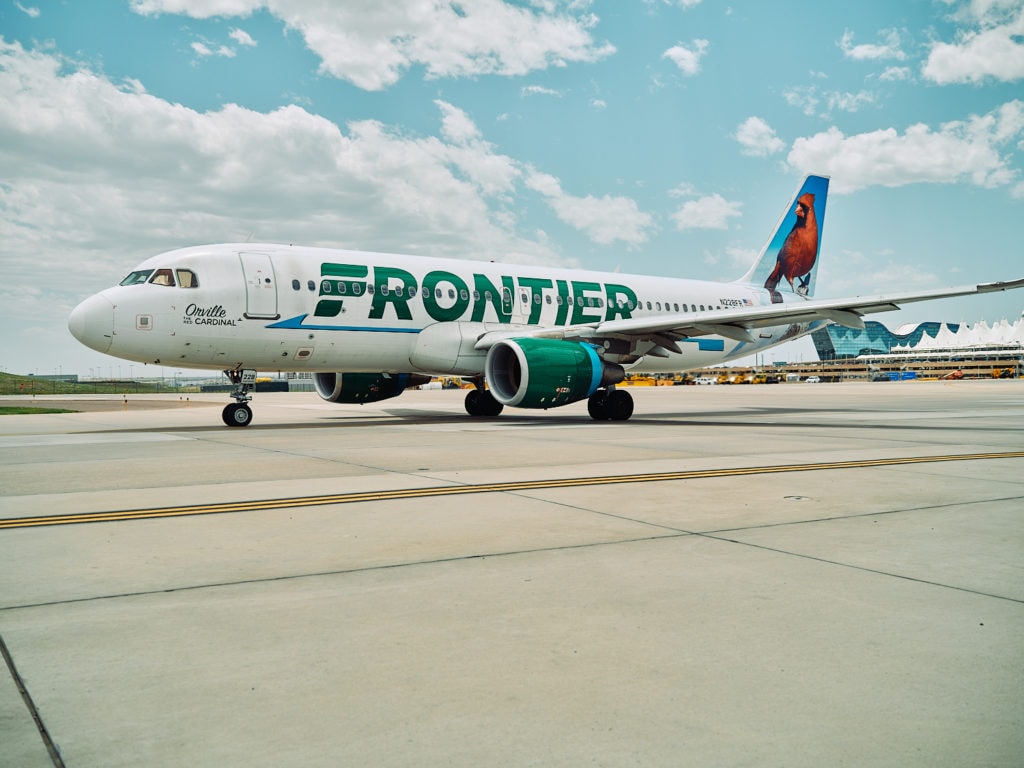
Frontier Airlines planes taxi at Denver International Airport in Denver, Colorado, Tuesday, June 14, 2022. Photo: Courtesy of Frontier Airlines
Frontier spokesperson Jennifer de la Cruz said the airline already paid nearly $100 million in “goodwill refunds,” including to passengers with nonrefundable tickets who canceled their trips and aren’t entitled to refunds under federal law.
The DOT has ordered six airlines to pay a cumulative $600 million in refunds, including five foreign carriers operating in the U.S.:
- TAP Portugal: $126.5 million
- Air India: $121.5 million
- Aeromexico: $13.6 million
- El Al: $61.9 million
- Avianca: $76.8 million
The six airlines have also been fined more than $7 million for delaying refunds so long they violated consumer-protection regulations. Frontier will pay the heftiest fine: $2.2 million.
The DOT said it took action after it “received a flood of complaints from air travelers about airlines’ failures to provide timely refunds after they had their flights canceled or significantly changed.”
About 87% of the 102,560 complaints filed with the DOT in 2020 were related to airline refunds. Likewise, 60% of the 49,958 complaints lodged in 2021 fell under the same category.
Passengers are entitled to refunds when airlines cancel or significantly alter or delay their flights and they choose not to travel. However, amid a wave of cancellations in the early days of the coronavirus crisis, and again this year when staffing shortages grounded planes, many customers were offered vouchers instead.
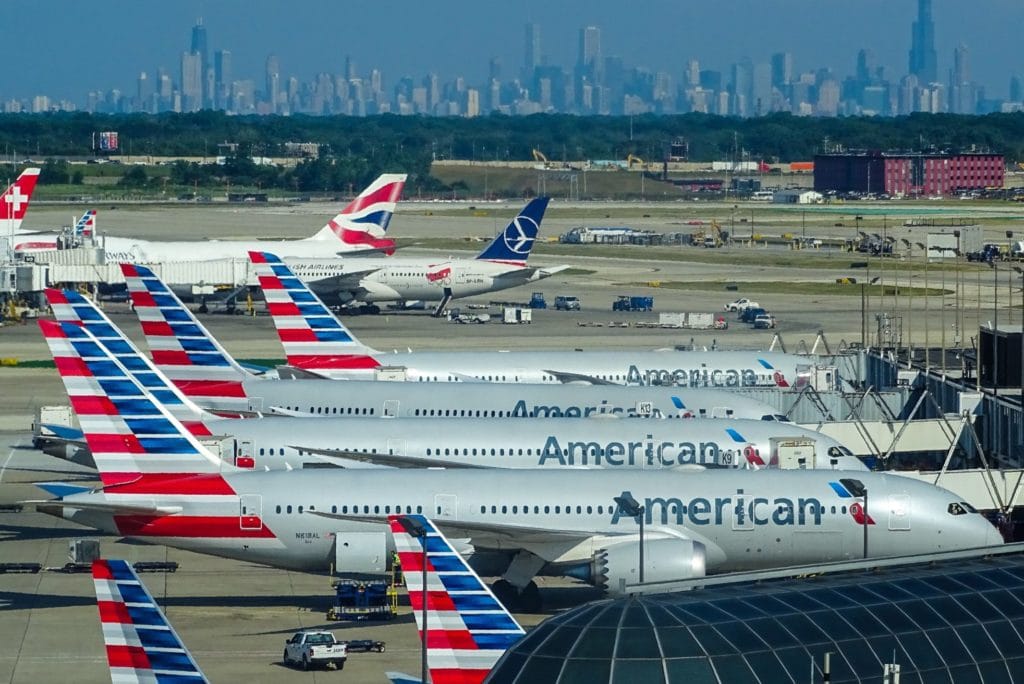
Photo: Courtesy of Miguel Angel Sanz / Unsplash
“When Americans buy a ticket on an airline, we expect to get to our destination safely, reliably, and affordably, and our job at DOT is to hold airlines accountable for these expectations,” Buttigieg said.
But “it shouldn’t take enforcement action from the U.S. Department of Transportation to get airlines to pay refunds that they’re required to pay,” he added.
Buttigieg said other investigations into airline refunds are underway. However, Blane Workie, assistant general counsel for the DOT’s Office of Aviation Consumer Protection, said there are no other pending cases over refunds involving U.S airlines, suggesting that the targets of those investigations are overseas carriers.
However, the anti-trust non-profit, the American Economic Liberties Project, argued that the DOT is ignoring the violations of larger U.S carriers. “Frontier was a bad player in all this, and they deserve to be fined, and we’re glad they are paying the refunds they were supposed to pay. But we are very critical of how the DOT seems to not want to go after the biggest fish, the ones causing the most problems,” said Bill Mcgee.
The Department of Transport has also proposed stricter regulations for air travel refunds. Currently, passengers are entitled to refunds if their flights are canceled or “significantly” altered or delayed and they opt not to travel. However, the agency hadn’t previously defined a “significant” change.
Under the proposals, a significant change would be a departure or arrival time off by at least three hours for domestic flights or six hours for international flights. Travelers would also be refunded if their routing changed, a layover was added, or a change in aircraft led to a “significant” downgrade in amenities—for example, if business class isn’t available on the new plane.
The agency has also proposed requiring airlines to give customers flight credits of vouchers without expiration dates if they can’t fly due to coronavirus, including as a result of lockdowns, travel restrictions, and their health.

